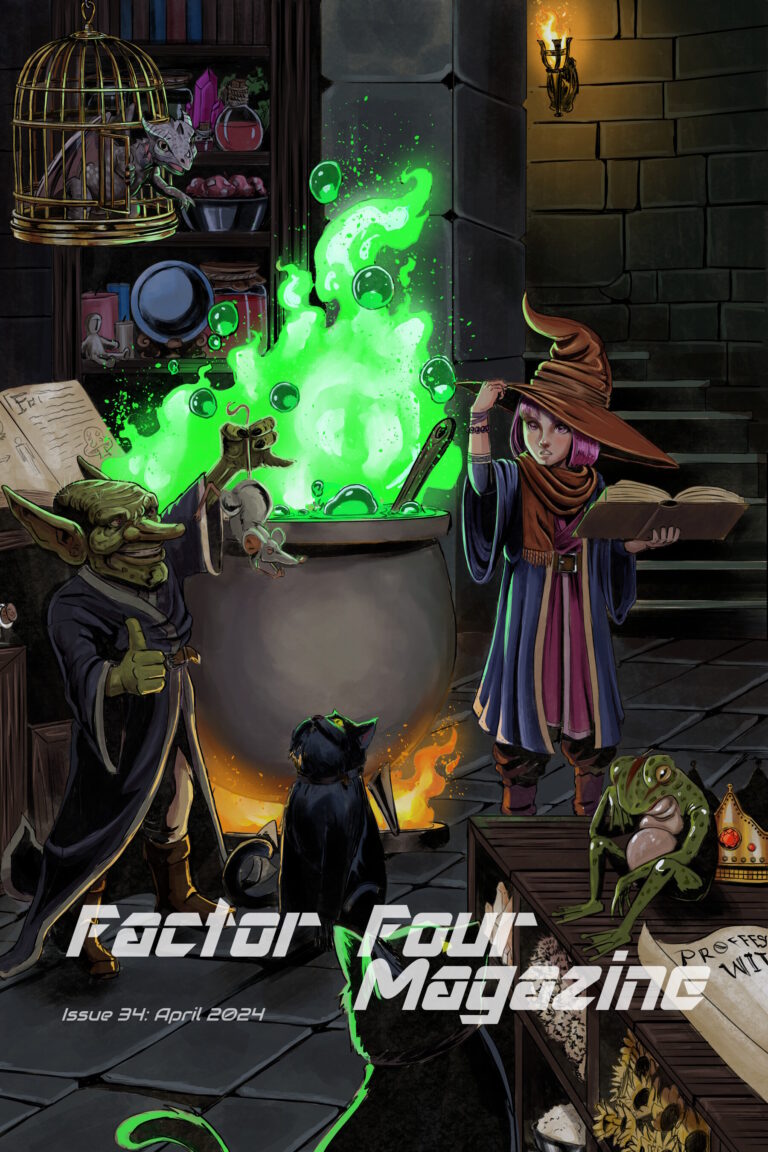The Ghost of You Lingers by Glen Engel-Cox

After my husband died, I carried his ghost in my pocket.
At the hospital, I held his hand as he told me in a raspy voice, “I made a memory cube for you, Zoe. It has everything you need. But don’t hang on to it. Once you’ve transferred everything, destroy it.”
Lemar and I had made a great team, complementing each other in so many ways. I was the creative type with the wild dreams. Lemar was the planner who had everything down to a system. He told me that I helped break him out of his routine and learn to enjoy life, while I knew he had taught me to plan for the unexpected.
Whenever he left for a long trip, he would make a backup for me in case I needed access to his computer or banking account. Lemar had been the one who understood our finances, how he grew our wealth over the last two decades. He knew the house, how to turn off the water and what company installed our solar roofing. He knew computers and how to burn his knowledge into the new memory cubes, no bigger than a large six-sided die, easy to carry around.
I felt strange activating the cube, watching his head appear as a hologram in the space above the cube, waiting for my question. But even after I had changed all of the passwords so I no longer needed it, I couldn’t destroy it, though he had asked me to. It wasn’t just a recording, it was Lemar.
It had been nearly a year since his death when suddenly all the power went out in the house. Something had to be seriously wrong. Lemar had built our mountain home to be self-sustainable, totally off-grid. His motto: redundancy is the key. Batteries for the batteries. Backups of the backups. In the darkness of my office, I activated his cube, Lemar glowing even more ghostlike in the blackness.
“What can I do for you, Zoe?”
“The power’s out,” I told him.
“That’s not a question,” he said.
“Damn it, Lemar, what do I do if the power goes out?”
“Check the fuse box.”
“Where’s the fuse box?”
Holding his ghost like a beacon in front of me, I let him lead me to the utility room. None of the fuses had been thrown.
“Check the cut-off switch between the PowerWall and the house located in my office,” Lemar said. I trudged down to the basement–his man cave–where Lemar had his stack of computers and memory burners.
“Where’s the switch in here?” I asked.
“Zoe, it’s been a year since something happened to me. It’s time to move on.”
I shivered. Something about his voice had changed. This wasn’t part of the backup.
“If you’re in my office with this cube, it means I’m dead or incapacitated. It means that a year has gone by without me checking the status of the PowerWall, triggering an automatic shut down.”
I started crying. I couldn’t help it. He planned for everything, even his death.
“Don’t cry, Zoe. I knew you couldn’t destroy the cube. Thank you for loving me so much. But it’s time to let go, and I’m going to make it easy for you to do so. In order to get the power back on, you have to insert this cube into a socket inside the control panel to the PowerWall. Once inserted, it will erase the cube and reconnect the house power and won’t need my status check to stay operational in the future.”
“Damn you, Lemar.” I both loved and hated hearing his voice like this: so reasonable, so calm, so knowing. I sobbed uncontrollably, fumbling to open the control panel in the pale light of his ghost. He had modified the system, just like he had modified his memory cube. I could see where it had to go.
“It’s time to say goodbye, Zoe. Thank you for being the best life partner I could ever have had. Now, go and make someone else’s life better, too. I love you.”
I shoved the cube into the socket, the hologram winking out of existence at the same time the power came back on inside the house. Wiping my eyes with the back of my sleeve, I shut the panel and slowly climbed back up the stairs and returned to my office.
I slid open my desk drawer and retrieved a memory cube, nervously activating it. Lemar appeared and asked, “What can I do for you, Zoe?”
“Just be you,” I said, so happy that it had worked.
“That’s not a question.”
“No. No, it’s not. Tell me, why is it important to make backups?”
“So that you never lose anything.” I missed him so much. Maybe I would find someone else some day, but until then I still had this small part of him. I deactivated the backup and put it in my pocket.






